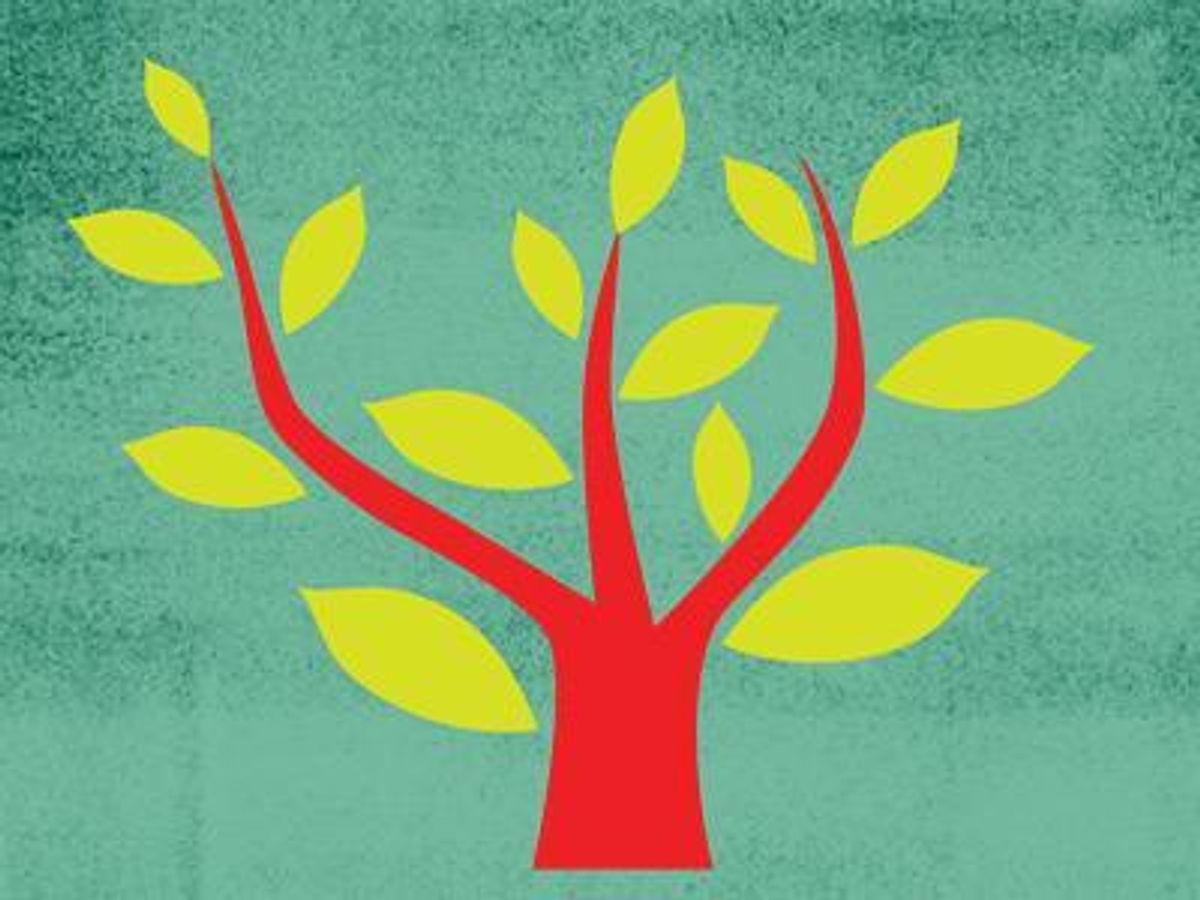Daily Dose
What Do You Do When You Find Out You Have HIV?
What Do You Do When You Find Out You Have HIV?

What you do — and when you find out — can make all the difference.
March 12 2014 3:47 PM EST
By continuing to use our site, you agree to our Privacy Policy and Terms of Use.
What Do You Do When You Find Out You Have HIV?
What Do You Do When You Find Out You Have HIV?

I never went to the doctor. I never got sick. At age 45 I still had a body that turned heads. I was indestructible. After ignoring flu symptoms for weeks, I finally got checked out. Since I was at the doctor’s anyway, I agreed to a battery of tests, including a screening for HIV. Why not? I always played safe; I only had sex with people who were negative, and, after all, I was indestructible.
A few days later, the doctor called and asked me to come back in. I will never forget the kindness and sadness I saw when he looked directly into my eyes and said, “I’m very sorry to tell you that you have AIDS.” Shock and amazement, followed by anger, filled my mind. I was furious with myself. Somewhere along the way I had screwed up.
My diagnosis was not good. To be considered permanently disabled, your CD4 cell count must be under 200. My count was 21. I should have been dead. I quickly diminished from a muscled, 155-pound gym body to a skinny, 116-pound skeleton.
I am an educated man. Why had I not been tested before? I now recognize a horrible trend: People just don’t want to know. The thinking goes something like, If I don’t know I have HIV, I don’t have HIV. But knowing can save your life.
One out of every six people who have HIV don’t know it, and over 20,000 people die yearly in North America from related complications. How many of these deaths could have been avoided by early detection? Antiretroviral (AVR) medications help stop the progression of the disease and dramatically prevent most poor health outcomes if HIV is discovered early. With quality care, HIV can be a chronic, manageable condition like high blood pressure, and new studies indicate that AVR treatment while CD4 cell count is above 350 can result in a life expectancy equal to or exceeding a person who is not HIV-positive.
The Affordable Care Act has breathed new life in the fight against HIV and AIDS. Only 17% of people with HIV had private health insurance prior to the bill’s passing. ACA will help an estimated 1.2 million people living with HIV, greatly improving access to lifesaving care and treatment.
It’s important to remember that you must ask for an HIV test from your health care provider and continue to get tested at least every six months. HIV tests are also available over the counter and can be sent discreetly to your home via the Internet.
So what happens if you find out that you are HIV-positive? Don’t panic! There are vast resources available and you’re not alone. AIDS.gov’s Services Locator is a helpful online tool that finds every organization in your area that provides testing and services. Your local community center can also direct you to organizations that can help. My own organization, HIVHero. org, is designed to help those who are newly diagnosed.
Make sure you have a doctor in your network who has the knowledge to properly treat you. If you do not have insurance, you can get it now with a preexisting condition. If you can’t afford insurance, the ACA will get you covered. Go to Healthcare.gov or your state exchange website and sign up.
And don’t neglect your metal state. For most gay men, disclosure of HIV status can be as difficult as coming out. Remember, you don’t have to disclose your status to anyone until you are ready. But talking about it helps. In my case I went to a group for the newly diagnosed at a community center. Individual counseling is also available. Sharing your feelings, knowledge, and resources can be one of the most important things you ever do for yourself and others.
The stigma surrounding HIV and AIDS is changing. Having HIV is not the end of your life — it just changes it. You are important. You matter. Trust me: You have been loved, you are loved, and you will continue to find love.